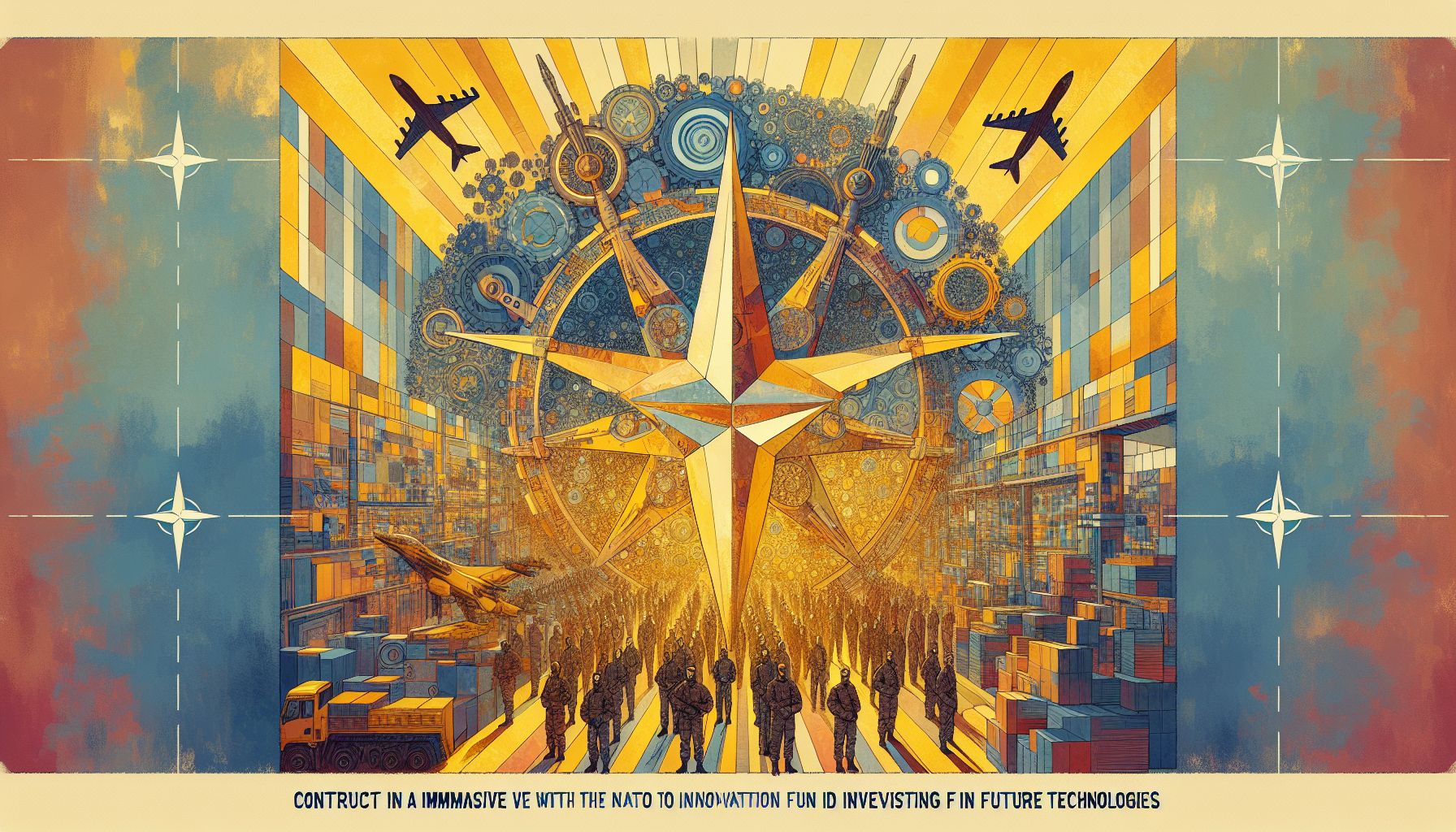NATO Innovation Fund Invests in Future Technologies

The NATO Innovation Fund has made its first investments, focusing on advancing manufacturing, air travel, artificial intelligence, and autonomous robotics to enhance defense, security, and resilience among allies.
Strategic Focus on Emerging Technologies
As of 18 June 2024, the NATO Innovation Fund (NIF) has strategically directed its €1 billion investments towards emerging technologies that promise to revolutionize sectors critical to defense and security. The fund’s emphasis on manufacturing, artificial intelligence (AI), and autonomous robotics is designed to address the evolving threats and challenges faced by NATO’s allies. These investments are aimed at bolstering the resilience and operational capabilities of member states, making them better equipped to handle both conventional and unconventional threats.
Key Investments and Beneficiaries
The NIF’s initial round of funding includes equity investments in pioneering companies across Europe and the UK. Notable recipients include ARX Robotics, Fractile AI, iCOMAT, and Space Forge. ARX Robotics, based in Germany, specializes in designing unmanned robots with applications ranging from heavy lifting to surveillance. Fractile AI, a London-based company, focuses on enhancing the performance of large language models, which are foundational to advanced AI systems. iCOMAT, a British manufacturer, is working on producing lighter materials for vehicles, and Space Forge, a Welsh company, is leveraging space conditions to manufacture superior semiconductors.
Supporting Venture Capital Firms
In addition to direct investments, the NIF has partnered with several venture capital firms, including Alpine Space Ventures, OTB Ventures, Join Capital, and Vsquared Ventures. These partnerships aim to support early-stage deep tech startups, fostering innovation ecosystems across Europe, particularly in Southern and Eastern Europe and the Nordics. By backing these venture capital firms, NATO seeks to create a robust pipeline of technological advancements that can be scaled and implemented across its member states.
Leadership and Vision
Andrea Traversone, Managing Partner of the NATO Innovation Fund, highlighted the significance of these investments by stating, ‘Enabling capital and support for strategic technologies is key to securing a safe and prosperous future for the Alliance’s 1 billion citizens.’ This sentiment was echoed by David van Weel, Assistant Secretary General for Innovation, who emphasized the fund’s role in nurturing innovation ecosystems and unlocking growth opportunities. Dr. Klaus Hommels, Chair of the NIF, also praised the portfolio’s potential to advance defense, security, and resilience.
Long-term Commitment to Technological Advancement
The NIF’s commitment extends beyond mere financial support. The fund is designed to provide up to 15 years of backing to deep tech entrepreneurs, ensuring that innovations can be commercialized and scaled effectively. This long-term approach is crucial for fostering sustained technological progress and maintaining the defense and security edge of NATO allies. The fund’s strategic focus includes sectors such as AI, energy, quantum computing, and novel materials, which are essential for future-proofing NATO’s defense capabilities.
Conclusion
As NATO continues to adapt to an increasingly complex global security landscape, the NATO Innovation Fund represents a pivotal initiative in ensuring the alliance’s technological superiority. By investing in cutting-edge technologies and supporting a vibrant innovation ecosystem, NATO is not only enhancing its current defense capabilities but also laying the groundwork for future resilience and security. The fund’s impact will be closely watched as these investments begin to translate into tangible advancements in defense and security technologies.

